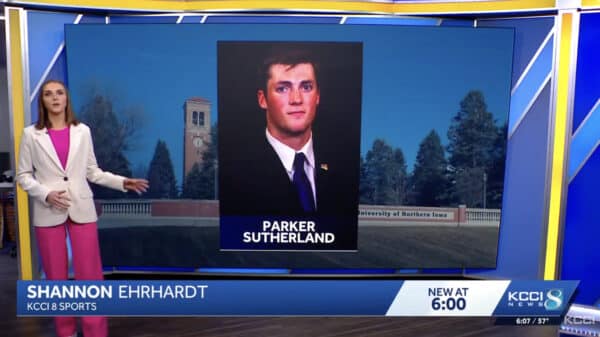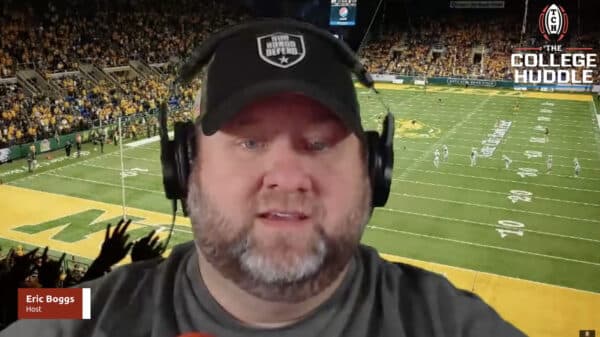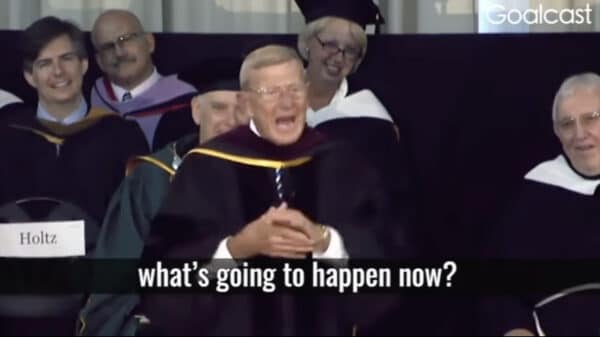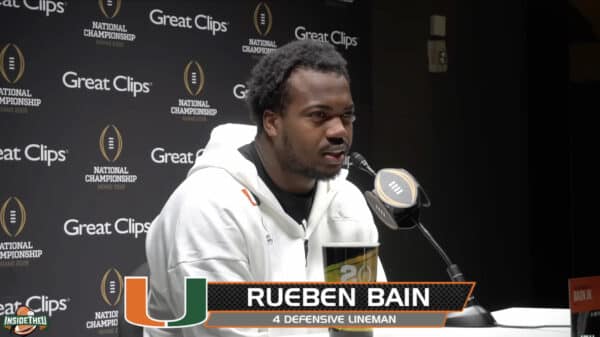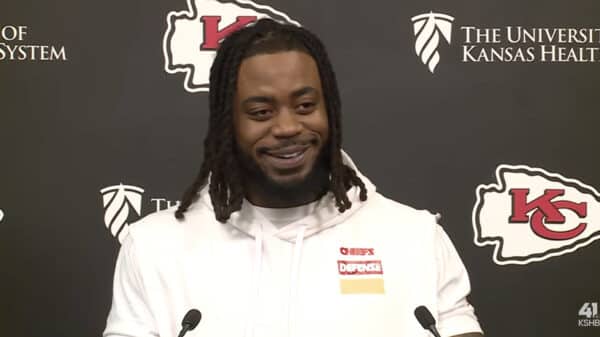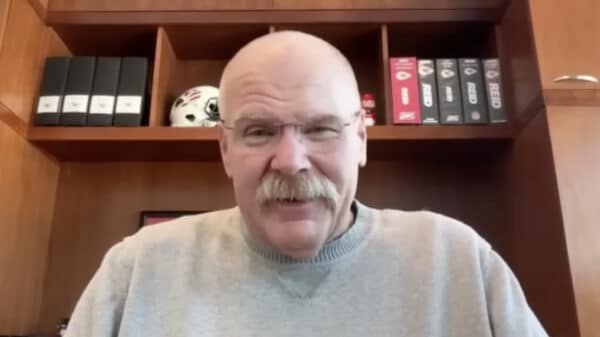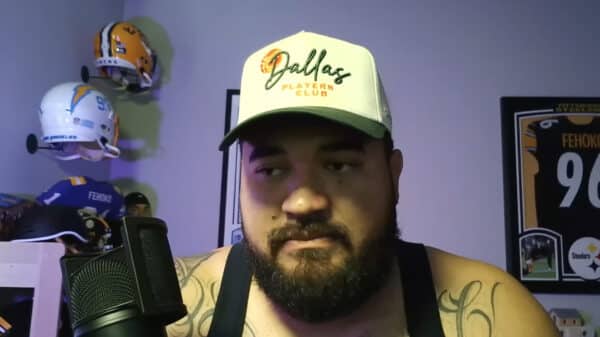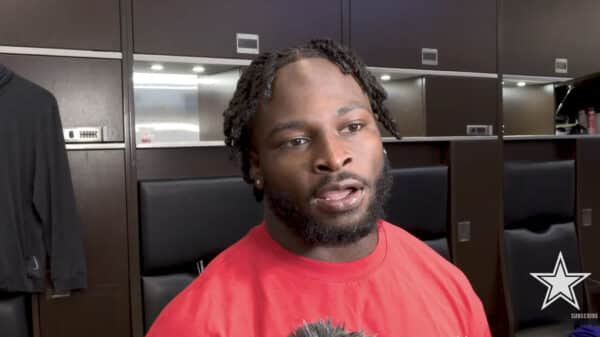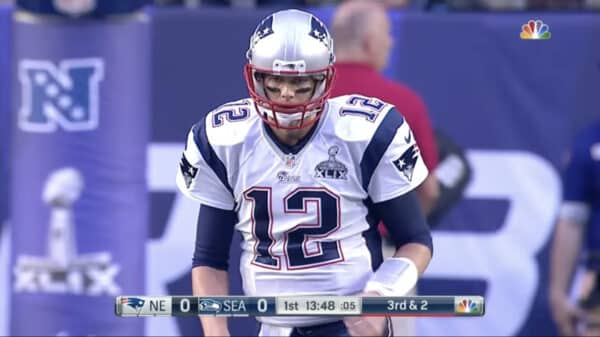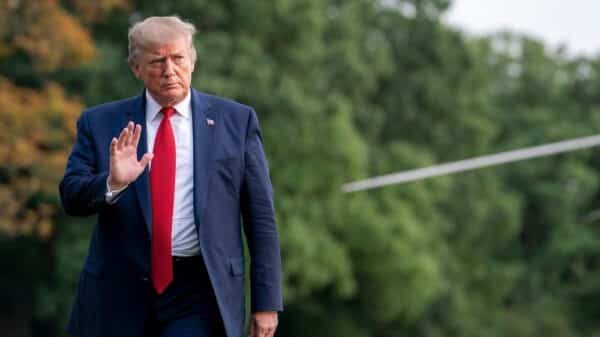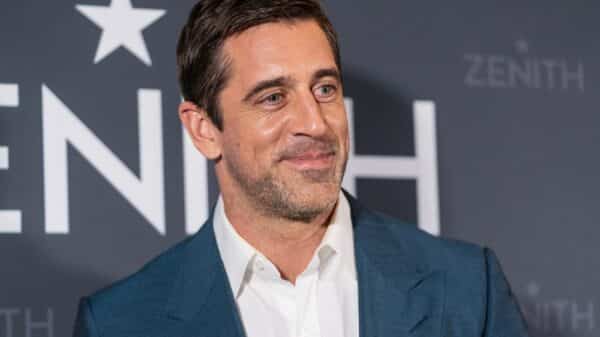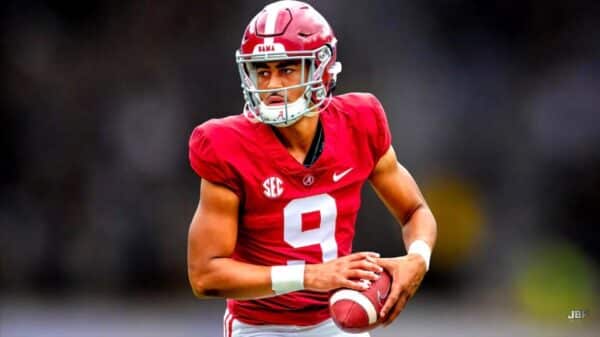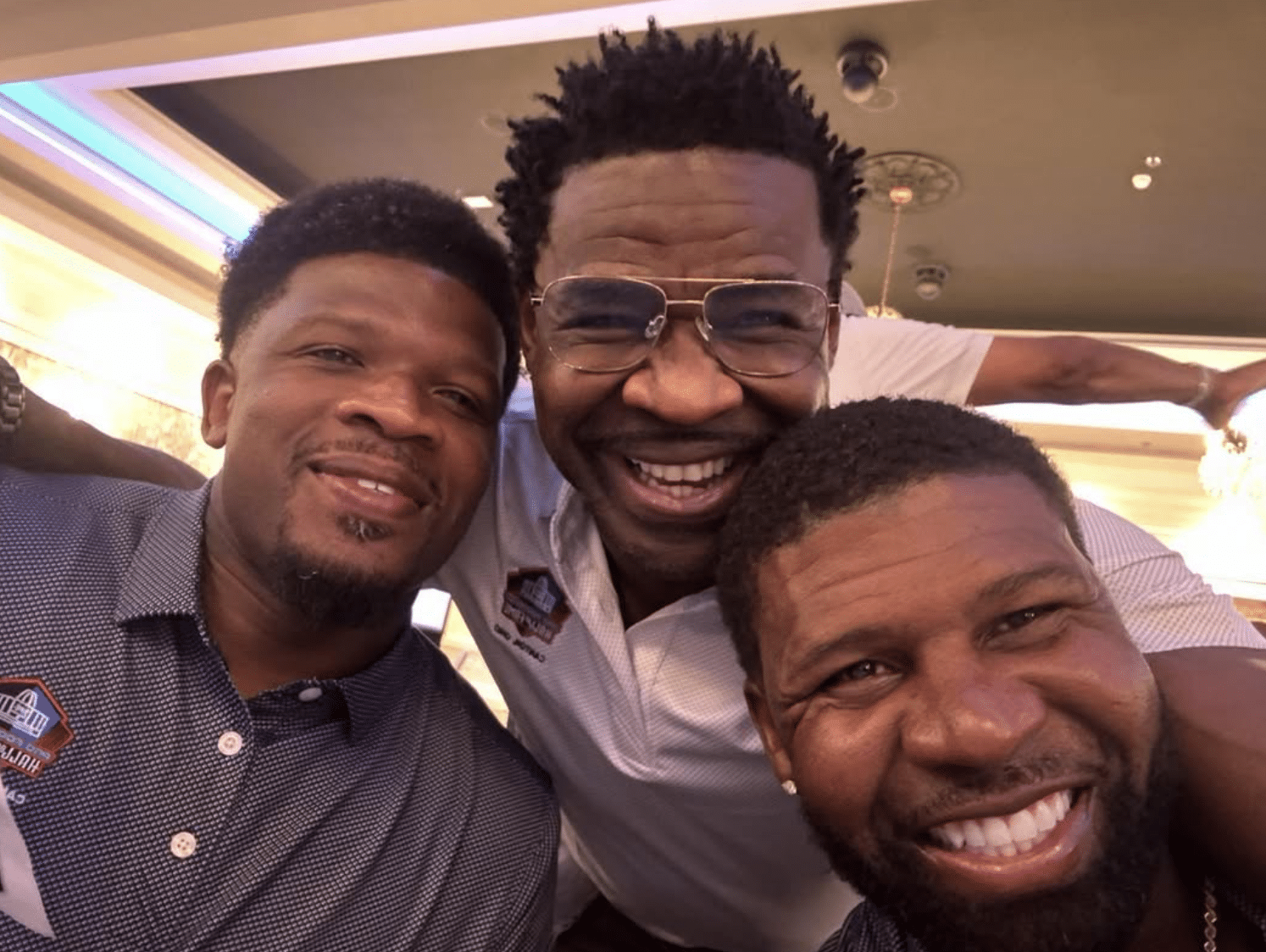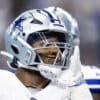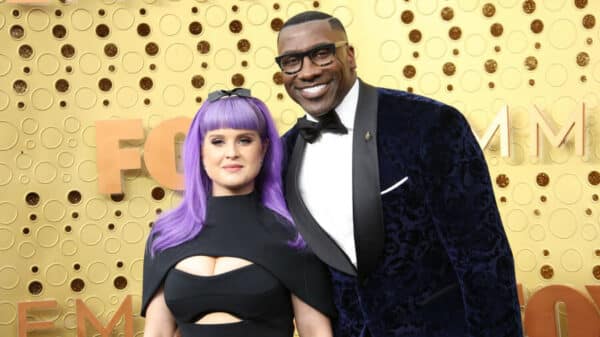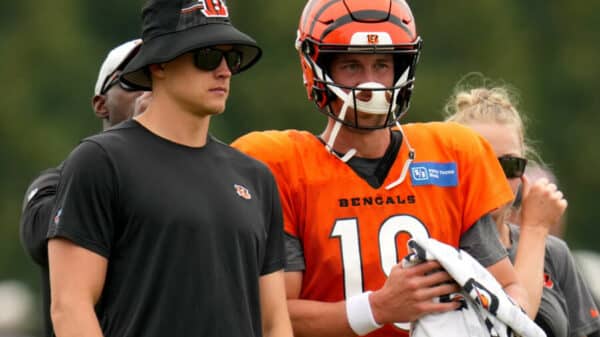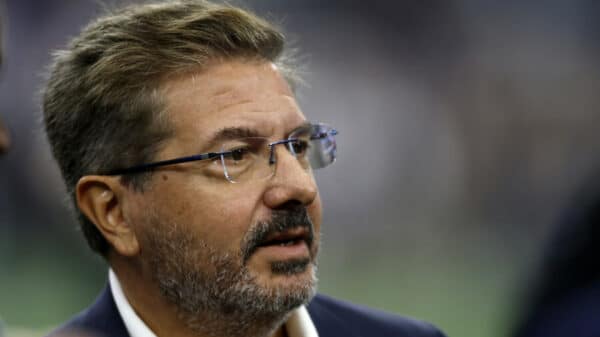Micah Parsons, the standout linebacker for the Dallas Cowboys, has hit a breaking point in his relationship with team owner Jerry Jones, leading to his recent trade request. This escalation has garnered significant attention as fans and analysts alike contemplate the implications of such a move, particularly as Parsons enters the critical final year of his rookie contract.
The Origins of the Conflict
Back in March, Parsons and Jerry Jones engaged in discussions regarding a potential contract extension. While the meeting reportedly ended on amicable terms, it did not yield any formal agreement. Subsequently, the communication dynamic shifted—Parsons found himself increasingly frustrated as Jones began to engage him directly instead of allowing his agent to handle negotiations. This unconventional approach, coupled with the team’s lack of communication, undoubtedly contributed to Parsons’s growing dissatisfaction.
Upon reporting to training camp, Parsons made headlines by not participating in practices, which fueled speculation about his commitment to the Cowboys amidst the unresolved contract talks. During a critical press conference, Jones made comments that many perceived as throwing Parsons and a few teammates under the bus, further intensifying the already tense situation.
A Public Request for Change
The situation came to a head when Parsons took to social media to announce his trade request. His three-page post, filled with respect yet rooted in frustration, highlighted both his commitment to the game and his discontent with the current circumstances. This level of openness added a personal touch to the negotiations, showcasing his dedication as a player who deserves recognition commensurate with his talent.
A Response That Missed the Mark
In response to Parsons’s trade request, Jerry Jones chose to downplay the situation. He reassured fans that such requests were part of the natural negotiation process, advising them not to lose sleep over it. This dismissive attitude did not sit well with many, including Cowboys legend Michael Irvin. On his podcast, Irvin passionately criticized Jones’s remarks, emphasizing that fans genuinely care about the team’s future and the players’ welfare. His frustrations echo the sentiments of many Dallas supporters who have experienced a string of disappointing contract negotiations in recent years.
Historical Context of Contract Negotiations
The current situation reflects a troubling trend in how Jones has traditionally handled contract negotiations, which often leaves players feeling undervalued. This pattern is not new; similar disputes have occurred with previous stars of the franchise, including CeeDee Lamb, Dak Prescott, Ezekiel Elliott, and even Emmitt Smith back in the early ’90s. Each standoff raises a critical question: when will this cycle of negotiations end? Fans are understandably weary of watching their favorite players grapple with what often appears to be avoidable tension.
Finding Resolution
As Parsons’s trade request lingers, the juxtaposition with other high-profile players such as Myles Garrett comes to mind. Garrett’s trade request from the Cleveland Browns resulted in a lucrative contract extension, serving as a potential roadmap for Parsons. Whether the Cowboys will heed the warning signs and offer a fair deal remains to be seen. But the stakes are high: a failure to secure Parsons’s commitment could lead to dire consequences for the team, impacting their competitive standing in the league.
Ultimately, it’s imperative for the Cowboys to address this situation with urgency. Rolling negotiations routinely drain fans’ morale and gives the impression that the franchise is mishandling its responsibilities. Whether Jones can turn this ship around and maintain one of the league’s top defensive talents will be a crucial factor for the team’s future success.
Image Source: Michael Irvin @ Instagram

